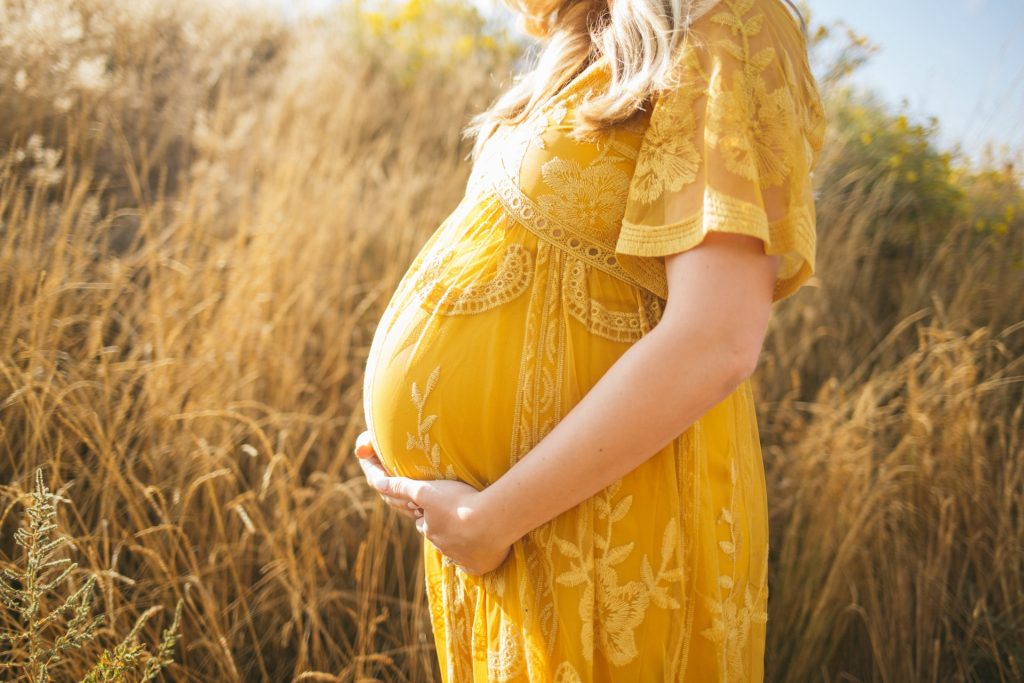
New research suggests that the physiological ‘wear and tear’ of stress may affect a woman’s fecundability, ie her ability to fall pregnant within a menstrual cycle. The study was published in Acta Obstetricia et Gynecologica Scandinavica.
Allostatic load reflects multi-system physiological changes which occur in response to chronic psychosocial stress, reflecting a kind of ‘wear and tear’. The study investigated the link between female pre-pregnancy allostatic and time to pregnancy.
Reduced human fecundability not only results in infertility, it also creates social aging problems. Female fecundability is a complicated topic that can be influenced in many ways, including physical factors and psychological factors. Prior research tended to focus on the impact of chronic diseases, such as hypertension, diabetes and obesity. However, mental factors, including psychological pressure, anxiety and depression, could also potentially exert impact on female fecundability. Evidence supports that infertility may cause stress in many ways, but it is unclear whether stress causes infertility, or how stress and human fecundability interact.
The study assessed AL in 444 women who were trying to become pregnant. Women with higher allostatic load scores – based on nine indicators such as blood pressure, blood sugar, cortisol, noradrenaline, and cholesterol – were less likely to become pregnant within a year. For example, the women with an allostatic load score of 5–6 would have a 59% reduction of fecundability compared with those with scores of 0.
“What we found provides a new idea for preconception counselling. But obviously, how to objectively assess the stress is a complex scientific question, and how to intervene and reduce the impact of chronic stress is a burning problem, which are all things we need to study further,” said senior author Bei Wang, PhD, of Southeast University in Jiangsu, China.
Source: Wiley

